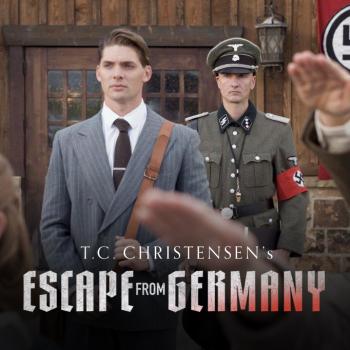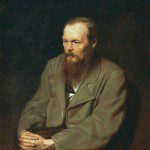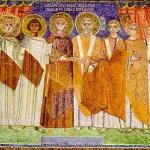
I’m pleased to report that Jeff Bradshaw and others working on the Interpreter Foundation’s Not by Bread Alone film project are safely landed in Africa, where they have already begun their work.
I’m also pleased to note the appearance of a new article on the website of the Interpreter Foundation — which, according to its critics, is ever dying, but which is somehow never able to come to a direct knowledge of clinical death: “Hugh Nibley Observed: ““Words, Words, Words”: Hugh Nibley on the Book of Mormon,” written by Marilyn Arnold.
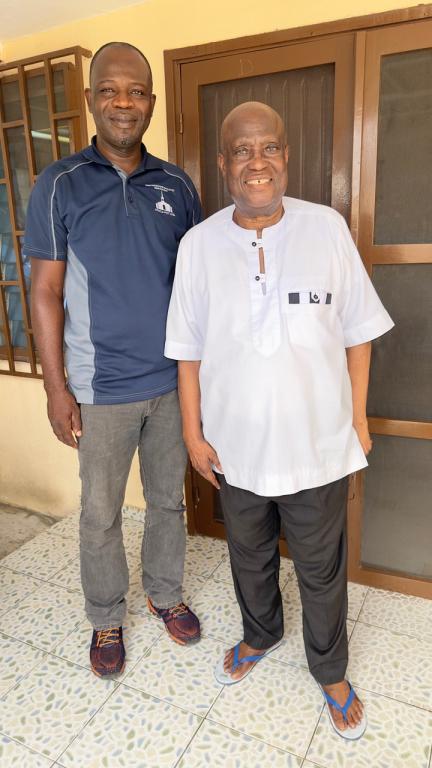
Very interesting! “Newly mapped lost branch of the Nile could help solve long-standing pyramid mystery”

A couple of years ago, I bought a few books at the bookshop at KZ-Dachau, the former Nazi concentration camp located near Munich. One of them was Hitler: Die 101 wichtigsten Fragen (Munich: Verlag C. H. Beck, 2019). It was written by Volker Ullrich, who has also written several other books on German history, including a two-volume study of Adolf Hitler (2013, 2018). Here, in my translation, are three of the passages that I marked while reading Hitler: Die 101 wichtigsten Fragen. I hope that you too will find them of interest:
Hitler needed only five months to establish his dictatorship. By the summer of 1933, basic rights and the constitution had been nullified, the individual German states had been “coordinated,” the labor unions had been smashed, all political parties except the NSDAP [the Nazi Party] had been forbidden or dissolved, the print and broadcast media had been brought into line, the legal equality of the Jews had been abolished. It was not only the speed with which the transformation was accomplished that astonishes, but the ease with which it was done. “Everything that existed in Germany outside the National Socialist Party ,” reported the French ambassador in Berlin, André François-Poncet, “was destroyed, scattered, dissolved, annexed, or assimilated.” Hitler won over the Party at little cost. “He merely needed to puff, and the edifice of German politics collapsed like a house of cards.” (70)
The speed and ease with which Nazism transformed Germany from a free democracy into a totalitarian dictatorship should give all of us pause. And here’s something else that might be worthy of reflection:
Hitler’s private library has been estimated to have contained more than 16,000 volumes. U.S. soldiers discovered just a portion of it, roughly 3,000 volumes, in a salt mine near Berchtesgaden in the spring of 1945. Of those volumes, approximately 12oo made their way in the fifties to the Library of Congress in Washington. There, the American historian and journalist Timothy W. Ryback undertook a methodical investigation into not merely what Hitler read but how he read. For example, in his copy of the newly published 1934 Deutsche Schriften of the Jew-hater Paul de Lagarde, Hitler marked more than one hundred pages with underlining, vertical lines on the margin, and exclamation marks — though question marks were rare. From this emerges the conclusion that reading didn’t help Hitler to gain new insights but rather to reinforce his preexisting convictions. He was seeking mosaic pieces that could be fitted into his already-existing picture of the world. An avid reader, he stored in his memory what he could use for his purposes. Everything else he quickly forgot. (98)
It is imperative, of course, that we not follow Hitler in his approach to reading. (It is clearly imperative, of course, that we not follow him in much of anything at all!)
In an address at the Berghof on 22 August 1939 to the foremost commanders of the military, Hitler laid out how he pictured the war against Poland [which would be launched on 1 September]: “Heart closed against mercy. Brutal procedure. . . . The stronger has that right. Maximum hardness.” The dictator had thereby made it unmistakably clear that the imminent campaign would violate the norms of traditional warfare. Poland was conceived as an experimental laboratory for the re-ordering of Europe according to racial-ideological criteria. For the very first time, this would be a concrete test of what the “conquest of living space [Lebensraum]” actually meant. (124)
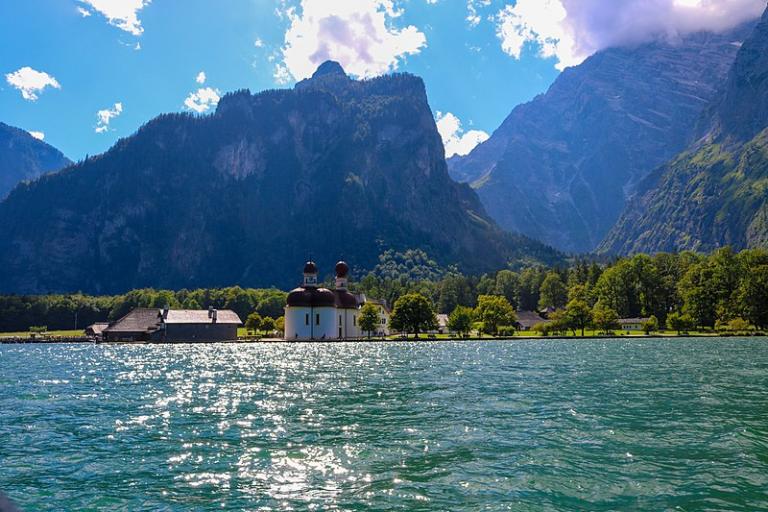
(Wikimedia Commons public domain photograph). The contrast between the beauty of Hitler’s beloved mountains and the hell that his regime created for millions of human beings has always stunned and amazed me.
But Hitler was a relative piker. An amateur, right? The contents of the Christopher Hitchens Memorial “How Religion Poisons Everything” File™ make it absolutely clear that the abominations perpetrated by theism and theists aren’t merely sudden “crimes of passion.” In many cases, as in this one, they are the product of cold, cruel calculation and long-term planning: “Taking the Long View: Latter-day Saints Continue to Help Brazil Flood Victims: “When the waters recede and things begin to return to normal — for the next few years — people will need help, and we cannot fail to notice that,” says Brazil Area President”
As, probably, these also were:
“Canadian Youth Participate in Global Youth Service Month”
And so the dreary litany of religious offenses goes on and on and on.




